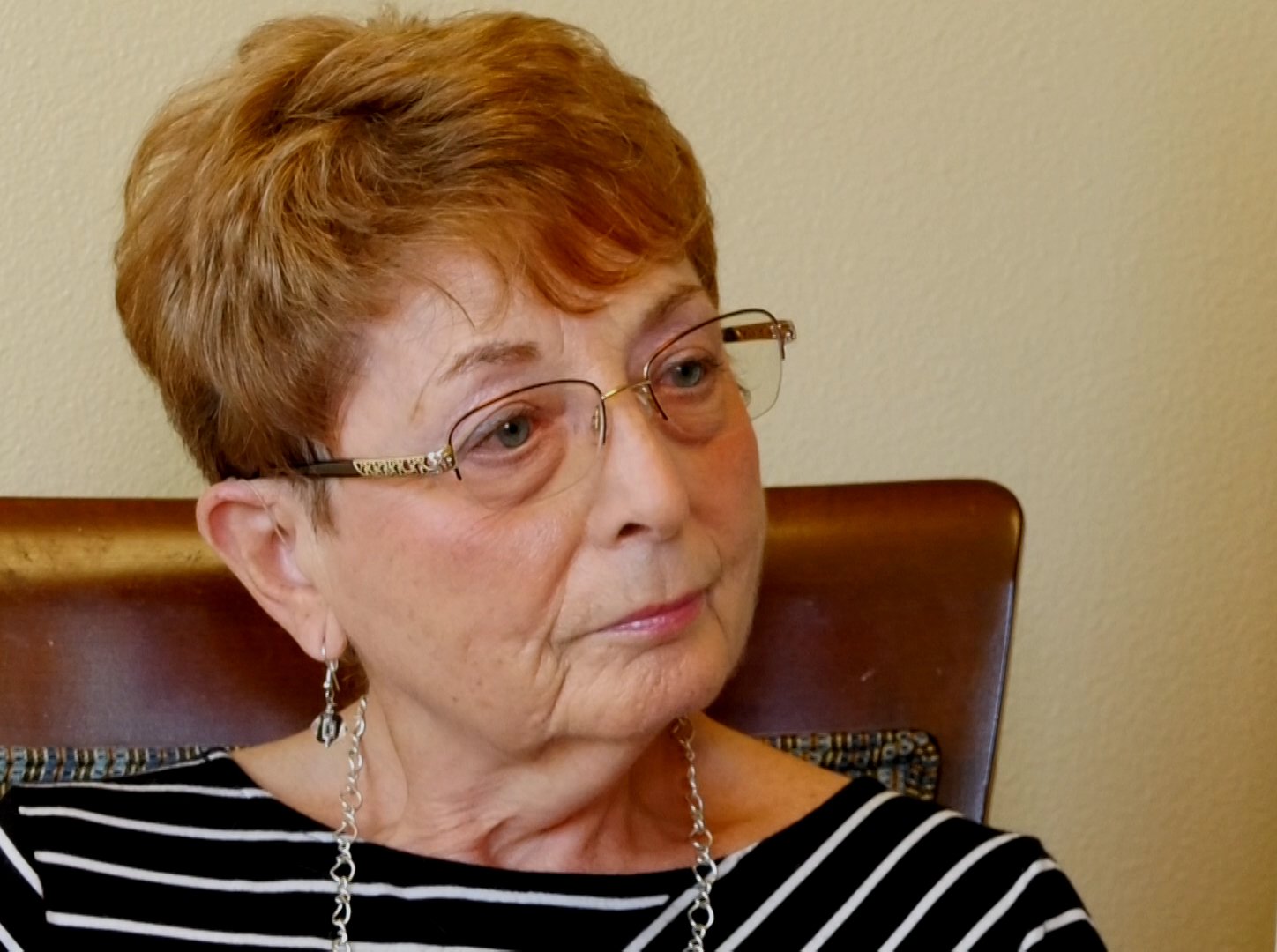Eva Aigner—”discrimination is never acceptable”
Oral History of: Eva Aigner
Interviewer: Sandra Lafky Carlson
Date: 08/17/2022
Watch this compelling oral history of Tualatin resident Eva Aigner. She speaks of her and her late husband’s journey in Nazi occupied Eastern Europe and behind the post-war iron curtain.
In a Pamplin Media article from 2020 Eva recounted a morning when she was in the first grade in her Hungarian elementary school and knew the world had changed forever, after she and her other Jewish classmates were forced to go into the hallway while the rest of the students recited the Hungarian national prayer. Her father died in the Holocaust. Her mother was later taken to a concentration camp but jumped off the train along the way, Aigner said. A German soldier spotted her as she attempted to escape. "Please, let me go," her mother begged the soldier, Aigner recalled. "My husband is already killed, and I left two children behind. If I don't get back to them, they will never survive." Aigner said the soldier took pity on her mother, telling her that he, too, had a family but also pointing out he could be killed for openly helping her. "'I'm going to check on the train, and if you have a chance, run,"' the soldier told her mother. "And that's just what he did, he took his gun, looked at the train, my mom jumped on her feet and ran into the nearby woods. She was hiding during the day and walking at night." Eva Aigner's mother eventually made it back to Budapest and reunited with her children. True to what she told the soldier who allowed her to escape, she later saved her two daughters from being shot and dumped into the Danube River, using her wedding ring to bribe a guard, Aigner said. Her late husband Les Aigner, in an earlier interview, said he was chased and beaten as a youth in Czechoslovakia because he was Jewish. At 15, he was taken to Auschwitz, the infamous Nazi concentration camp. Shortly after his arrival, he said he noticed four chimneys that spewed out black smoke both day and night."
Les Aigner did not suffer that fate, but he was physically abused and maltreated. He said a Nazi guard impaled him in the foot with a pitchfork for talking while working in the camp's kitchen. Later, he was ordered to work on a large construction project for the Nazis and ended up contracting typhus. Near the end of the war, Les Aigner said, he was sent to Dachau, an extermination camp. By the time the U.S. Seventh Army arrived to liberate the camp, he weighed just 75 pounds. The couple escaped the Communist regime in Hungary in 1956 after the war, as Hungary fell behind the so-called Iron Curtain. "We decided we wanted to build a family and we wanted to build it in a free country," Eva Aigner recalled. One cold and snowy night, the Aigners and other family members made their escape, aided by a farmer, she said. They eventually crossed what they believed to be the Austrian border, but the group wanted to make sure, so Eva's father-in-law knocked on a door that had a light on. "And they answered in German, so we knew we were in Austria," said Eva Aigner, recalling they were warmly greeted, with the entire town coming out with food and other goodies. "They put straw (down) in the classrooms. I don't think we ever slept any harder than that night," she added.
Watch the Eva Aigner interview here
Key Words
Czechoslovakia 1937 Hungary Kassa hat maker Iboya Orthodox Jew World War Two 2 WW2 Nazi 1939 laws Budapest 1943 AeroCross forced labor camps yellow start marked housing school curfews circumcision ghetto District 7 Klazer Street 16 bombings Red Cross imposters Danube River January 18 1945 liberation of Hungary Elmor street Communism 1956 Lesle Aigner Czech married Hungarian Revolution Stalin Russian Army United States December 24 AVO Austria Viennese consulate Rachad Hospital Portland Oregon President Eisenhower Bremerhaven Germany Ellis Island Camp Killimer February 8 1957 holocaust Oregonian Oregon Speakers Forum and Resource Center congress mandatory education memorial 2004


